|
"Too early is the same as wrong, too late'll make you miss the train," I sing in my totally non-pretentious original, "Too Early (The Startup Song)."
It's based on an old saying that describes failed startups like SixDegrees.com (the original social network), GO Corporation (the original Palm Pilot -- and, arguably, iPhone and iPad), and LoudCloud (the original Amazon Web Services). And also the Halloween costume I wore last year.
See, while some people find costume inspiration from movies, music videos, and internet memes... I found mine in The Atlantic's brilliant September 2015 piece, The Coddling of the American Mind.
The article described the strange spread of extreme, regressive political correctness on college campuses. Millions of dollars were being spent on "sensitivity training" courses for students and faculty. They focused on why you should avoid saying words like "crippled" (as in, "Brexit crippled the economy"), "mad" (as in, "mad scientist"), "violate" (as in, "That violates the law") and "freshmen" (because girls can be first year students, too!). They focused on why phrases like, "America is a melting pot," "Do you play basketball?" and, "I believe the most qualified person should get the job," actually work to erase a person's entire existence. According to the authors, this mentality is giving students mental health problems. Moreover, I'd heard several horror stories out of colleges like Oberlin (student protests over low-quality sushi in the dining halls, which constitutes "cultural appropriation"), Yale (a professor took the time to send her students a thoughtful email about whether and why certain Halloween costumes are offensive, and whose job it is to regulate peoples' choices), and Claremont McKenna (the junior class president was forced to resign after appearing in a photo with two white women in sombreros -- though she herself was not wearing anything offensive). Reality had begun to read like satire, and I thought it would make an amazing Halloween costume. I thought about how to dress as something like trigger warnings, censorship, or microaggressions, and ultimately came up with this:
I never said I was, like, an expert costume designer or anything. But I thought this was a pretty good effort, given my lack of skills in the fine arts.
It's just me, in a tiny little outfit, with tiny little words on it that you can only read with a magnifying glass. For example:
Get it? Microaggressions? My date's costume was more straightforward -- he was a trigger warning:
That there is a hand-painted sign.
I thought our costumes were reasonably clever -- and definitely very timely. Except the majority of people didn't get it. I had to explain to about 80% of people what microaggressions and trigger warnings were. A lot has happened since Halloween 2015. For example:
And other ridiculous craziness. Like how, yesterday, #IfMenHadPeriods was trending on Twitter. It started as a feminist cry to destigmatize menstruation, normalize periods, and challenge the way doctors treat their female patients. (Sad fact: doctors routinely dismiss women's pain as "normal" or "exaggerated," rather than actually trying to diagnose and treat it.) But if you check out the hashtag now, all you'll see is social justice warriors complaining about how this microaggression is erasing trans people and perpetuating transphobia, because some men have periods. (Sure, .3% of men might have periods -- but in general, men don't have periods.) Not to mention the outcry against (and support for) the University of Chicago's recent letter to freshmen, which stated: “Our commitment to academic freedom means that we do not support so-called trigger warnings, we do not cancel invited speakers because their topics might prove controversial, and we do not condone the creation of intellectual ‘safe spaces’ where individuals can retreat from ideas and perspectives at odds with their own." At this point, I think everyone knows what trigger warnings are -- conceptually. (Honestly, it seems like half the time, you say "**TRIGGER WARNING** This piece discusses mental illness and sexual assault," and then proceed to mention the words "mental illness" and "sexual assault" in the body of your article without providing further detail or context.) Likewise, everyone has heard of microaggressions now. After all, the University of Wisconsin-Madison just requested $6 MILLION in funding to teach sensitivity to staff and students. To quote a recent New York Times piece (seriously -- you can't make this stuff up): "The two-hour presentation on Aug. 27 aimed to help students identify microaggressions and to teach them how to intervene when they observe one. Microaggressions can be verbal, nonverbal or environmental, she said. 'What’s an environmental microaggression?' Ms. Marlowe asked the auditorium of about 525 new students. She gave an example. 'On your first day of class, you enter the chemistry building and all of the pictures on the wall are scientists who are white and male,' she said. 'If you’re a female, or you just don’t identify as a white male, that space automatically shows that you’re not represented.' A nonverbal microaggression could be when a white woman clutches her purse as a black or Latino person approaches. Another subset of microaggression is known as the microinvalidation, which includes comments suggesting that race plays a minor role in life’s outcomes, like 'Everyone can succeed in this society if they work hard enough.'" This makes me sad. Not just because this Marlowe woman seems to think that I, as a woman, am so weak and susceptible that if I don't see pictures of girls on the wall, I'll cry about it. But also because psychology has shown, a million times over, that the perception of helplessness is horrible for your physical and mental health -- and that a lack of personal accountability is positively correlated with almost every bad thing, from dropout rates to divorce to having no friends. Social justice should be about giving people tools, not excuses. And finally because you should never, ever feel like you need to put yourself at risk out of fear of being ____-ist. If someone makes me uncomfortable, I shouldn't feel guilty about clutching my purse, screaming, or running away. This kind of "sensitivity" training can actually be dangerous -- white people have done some incredibly stupid things in order to not "look racist." For example, September 11th might literally have been avoided if one woman weren't so concerned with cultural sensitivity that she overlooked a man's threat to slit her throat and rob her. He was seeking a $650,000 loan to buy a crop duster, questioned her about the security around DC's national monuments, and said that Osama bin Laden was the world's greatest leader. Why didn't she report him? "I was attempting, in every manner I could, to help him make his relocation into our country as easy for him as I could make it." How sensitive of her. Anyway, the point is, too early is the same as wrong. I blew my load on trigger warnings and microaggressions -- and now that everyone knows what those words mean, I have to dress as something else. I've got time, though. Time to think of an idea -- and time to worry excessively that if I dress up as one of my favorite basketball players, someone might call me racist
Sexy Allen Iverson
if I dress up as one of my favorite surfers, someone might call me ableist
Bethany Hamilton is a hero -- also, I'd broken my finger, so I could only climb with one hand
if I dress as a bellydancer, I'm culturally appropriating
Who cares if the girl I was dressing up with was an actual Indian bellydancer and she wanted me to dress like this with her? No one. That's not the kind of thing people think about before flying into a fit of rage over a silly costume.
and if I dress as my favorite Georgetown University law student, someone might call me sexist.
Apparently, I was the only person who followed the 2012 Rush Limbaugh-Sandra Fluke controversy.
Maybe it's best to just stick with something totally bland and safe and generic, like a pirate -- or might that be "triggering," because pirates rape and pillage?
Or a Disney Princess -- or would that be "problematic," since Disney princesses are disproportionately thin, young, attractive and white?
Perhaps a song would be best. I already did Wrecking Ball
and that didn't seem to offend anyone. But if I want to be El Taxi (it's been stuck in my head por tres meses!) this year, would that be okay?
Honestly... I don't think it makes sense to try to predict what people might find offensive anymore.
All I can say is, I'm glad I went to college when I did.
3 Comments
Liz
9/9/2016 07:29:52 am
Don't forget that "female" is now super triggering for some special snowflakes. You can check out the movement at Wellesley to start saying "siblinghood" instead of "sisterhood" or the drama at Scripps over "excluding transwomen" from a celebration involving vulva-shaped cupcakes (and those examples pale in comparison to activists trying to rename the vagina "front hole."). I think attempts to erase womanhood are some of the most egregious examples of victimhood culture run amok. I, for one, will NEVER stop saying women, female, naming the proper body parts (even if the history of the word vagina is less than stellar), etc.
Reply
Zane
9/9/2016 04:23:49 pm
Excellent post. Thanks.
Reply
Cali
10/25/2017 01:26:06 pm
Maybe you "blew your load," but I think I will definitely be a microaggression this year. If I'm not antifa (my date will be a stabbing victim.) Thanks for the idea.
Reply
Leave a Reply. |
About the Author

Eva is a content specialist with a passion for play, travel... and a little bit of girl power. Read more >
Want to support The Happy Talent? CLICK HERE!
Or Find me on Patreon!
What's Popular on The Happy Talent:
Trending in Dating and Relationships:
What's Popular in Science: Playfulness and Leisure Skills:
Popular in Psychology and Social Skills:
Categories
All
|
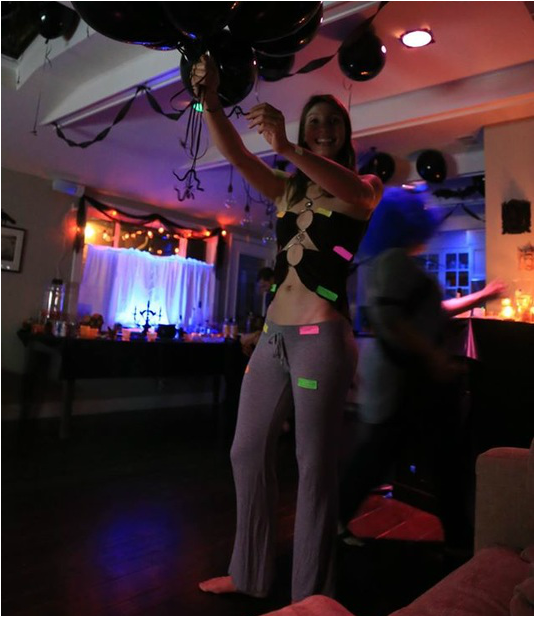
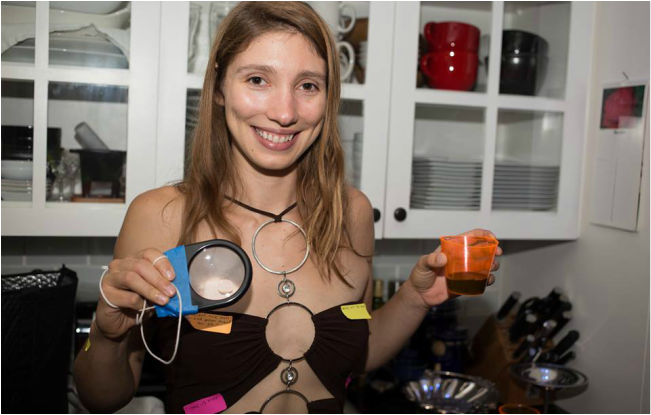

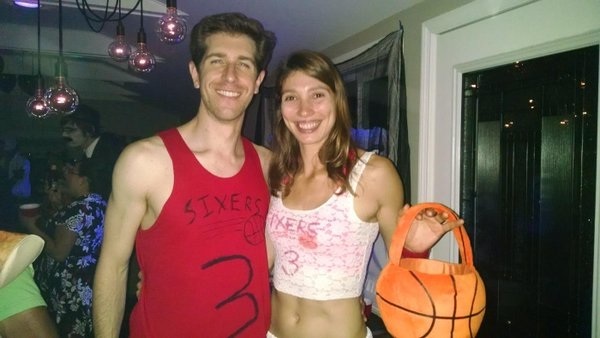
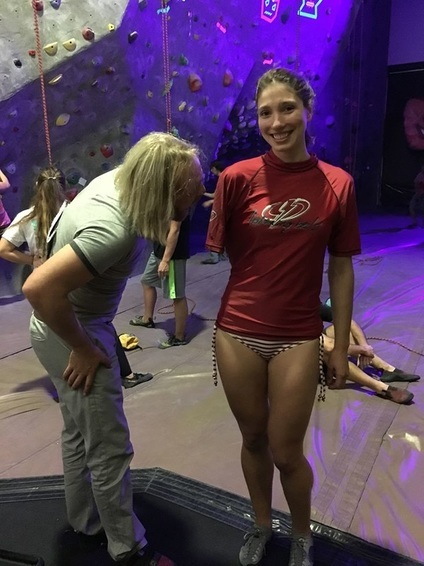
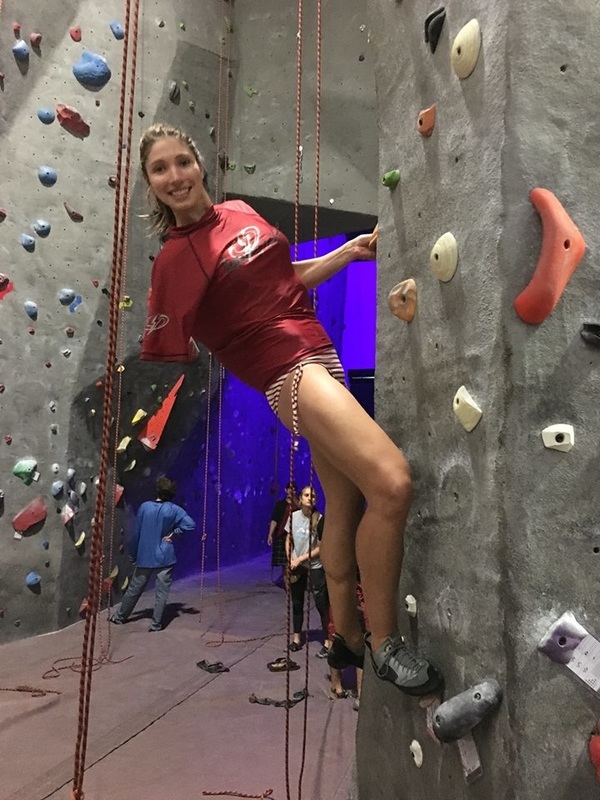
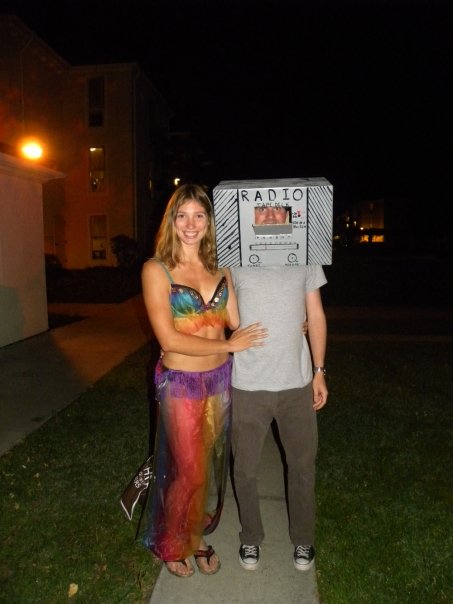
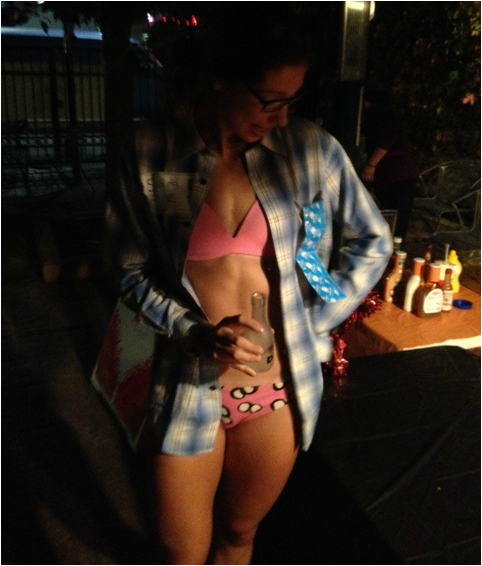
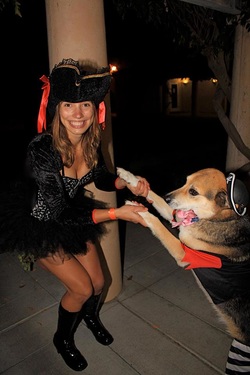
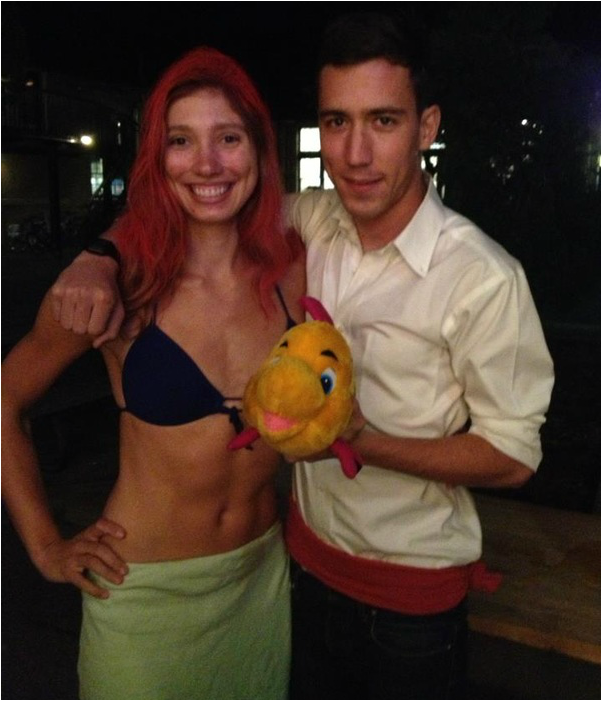
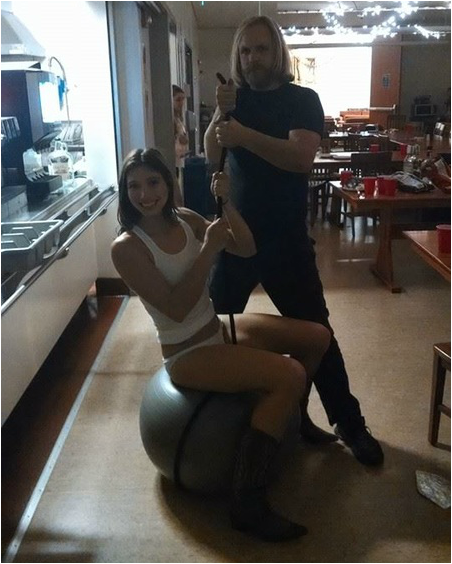


























 RSS Feed
RSS Feed